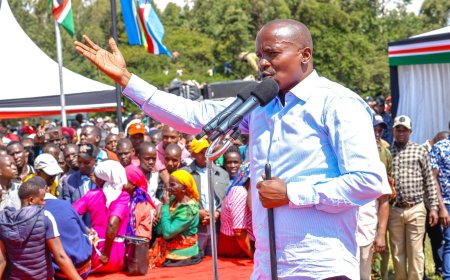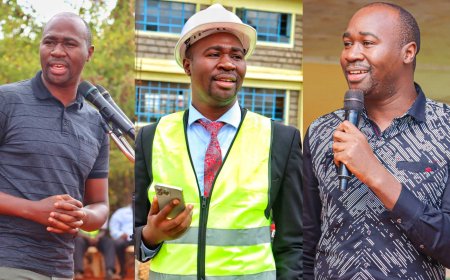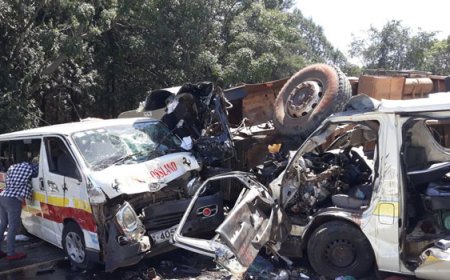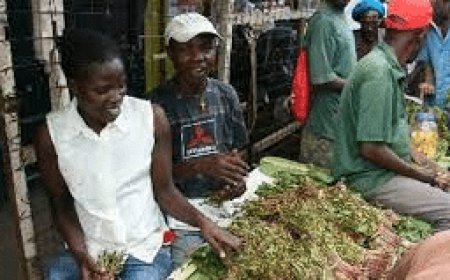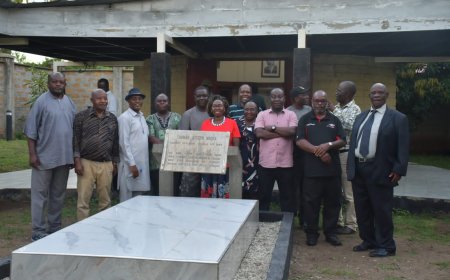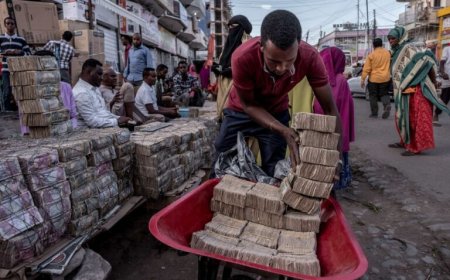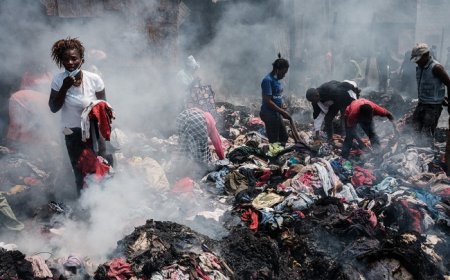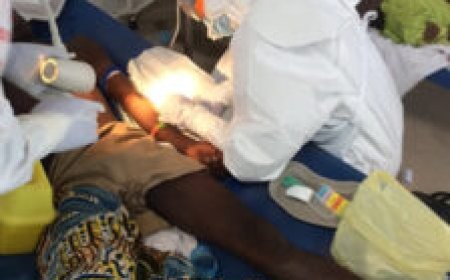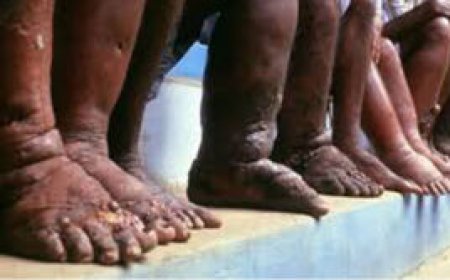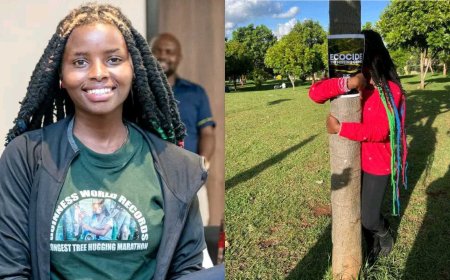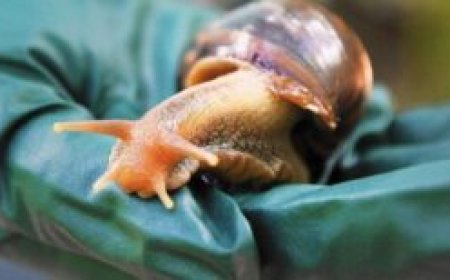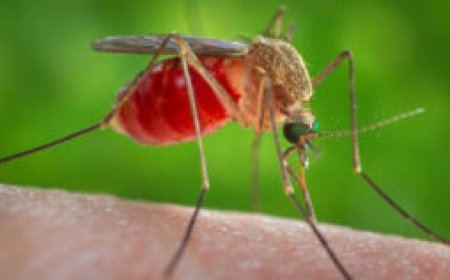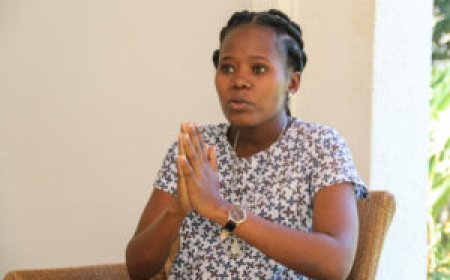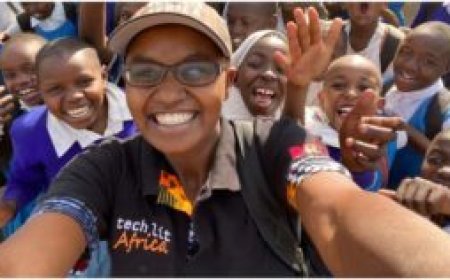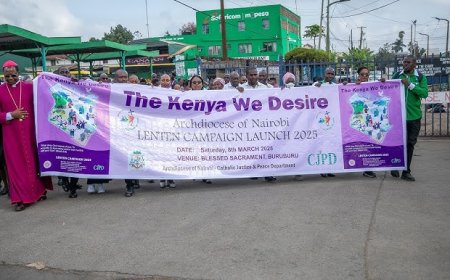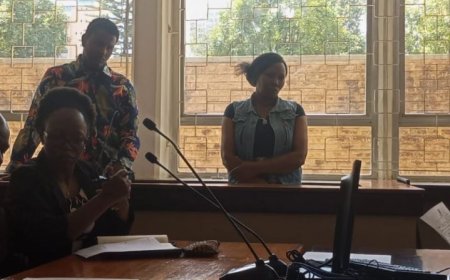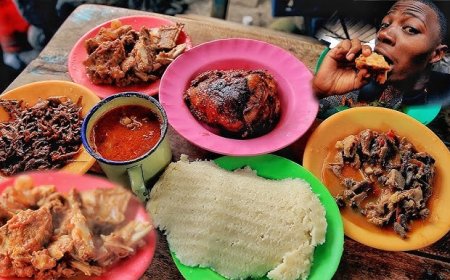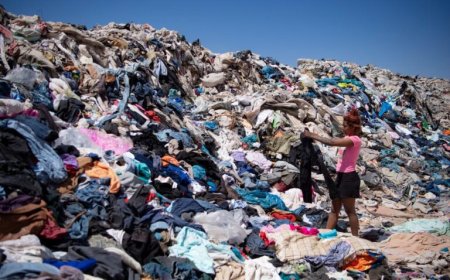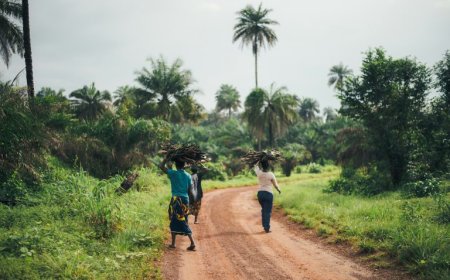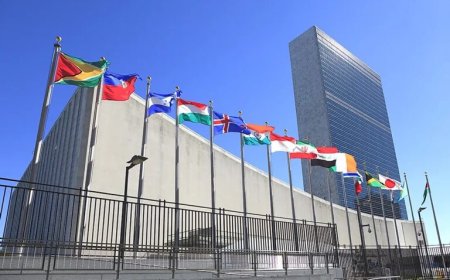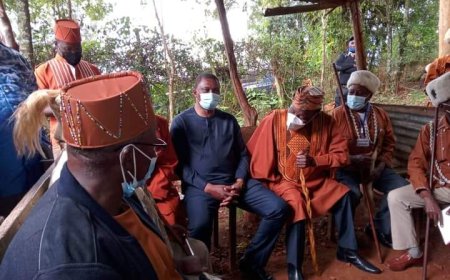The Fight Against Harmful ‘Normalisation’ Practices on Intersex Persons in Kenya

The Fight Against Harmful ‘Normalisation’ Practices on Intersex Persons in Kenya
Kenya is increasingly grappling with a sensitive and often overlooked issue: the mistreatment of intersex persons, particularly through harmful “normalisation” practices. These procedures, whether medical, cultural, or religious, aim to align intersex individuals’ bodies with societal expectations of male or female categories. However, they are often non-consensual and lead to adverse physical, psychological, and social effects.
Despite legislative advancements like the Children’s Act 2022, which introduced rights for intersex persons, the implementation of policies protecting them remains weak. The ongoing challenge in Kenya is rooted in a complex web of cultural, religious, and medical practices, as well as societal ignorance about intersex identities.
A recent report by Amka Africa Justice Initiative, funded by the Embassy of the Federal Republic of Germany in Nairobi, has cast a stark light on this issue. The baseline study, conducted from February to April 2023 in Nairobi, Mombasa, and Kilifi Counties, aimed to analyze the prevalence, nature, and impact of these “normalisation” practices. It highlights the pressing need for legal reforms and the importance of broad-based advocacy to secure the rights of intersex persons.
Intersex people are born with physical sex characteristics—such as chromosomes, gonads, or genitals—that do not fit typical definitions of male or female bodies. These variations are natural, but in many cultures, they are not well understood. In Kenya, intersex children are frequently subjected to medical interventions, commonly referred to as “normalisation” surgeries. These operations, often conducted at infancy or early childhood, are designed to alter the child’s genitalia to align with societal expectations of either male or female bodies.
“Normalisation” practices are deeply rooted in cultural and religious beliefs about gender identity. They are often carried out without the informed consent of the child or, in many cases, the parents who are under pressure from medical professionals or religious leaders. For intersex persons, the results are often devastating—leading to lifelong physical and psychological harm.
In 2018, Kenya made strides by recognizing intersex people as a distinct category in its census, marking a crucial step toward visibility and legal recognition. However, as this latest report indicates, recognition alone does not equate to protection.
The baseline study by Amka Africa Justice Initiative revealed disturbing insights. The key findings confirmed that “normalisation” practices are widespread across Kenya and are predominantly non-consensual. These practices include surgeries and hormone therapies aimed at forcing intersex bodies to conform to binary gender norms, despite growing global consensus that such interventions should be delayed until the individual can provide informed consent.
One of the study’s participants, a young intersex person from Mombasa, recounted their experience of undergoing multiple surgeries to “correct” their genitalia. These procedures were not only unnecessary but left the person with ongoing medical issues and a profound sense of betrayal by the healthcare system.
“Many of us were operated on when we were too young to understand what was happening to us,” said another participant from Kilifi. “Our bodies were changed without our consent, and we have to live with the consequences every day.”
The report also uncovered that these harmful practices are compounded by social stigma. Many intersex persons face rejection from their families and communities, often subjected to derogatory labels or accusations of being “cursed.” The combination of non-consensual medical interventions and the heavy social stigma creates an environment where intersex persons are isolated, disenfranchised, and prone to mental health issues.
The Children’s Act 2022 was hailed as a landmark in advancing the rights of children in Kenya, including intersex children. It recognized intersex persons as a specific category, acknowledging their right to protection from harmful cultural and religious practices. However, the Amka Africa report reveals that despite these provisions, “normalisation” practices continue unchecked due to the lack of concrete implementation guidelines and weak enforcement mechanisms.
One major challenge identified in the report is the lack of clarity regarding the registration of intersex persons. Although the Children’s Act mandates the recognition of intersex persons in legal documents like birth certificates, there is no clear framework for how this should be done. Many intersex persons are still registered as either male or female at birth, making it difficult for them to assert their identity later in life.
To address these gaps, the report calls for the swift formulation of regulations to the Births and Deaths Registration Act. These regulations should guide the birth registration of intersex children, ensuring that their legal recognition aligns with the protections envisioned by the Children’s Act.
Another key recommendation is the need for the Intersex Persons Bill, currently under consideration, to include comprehensive protections against “normalisation” practices. The bill should also create a robust framework for safeguarding the social, economic, and civic rights of intersex persons. This would be a critical step in eliminating harmful practices and fostering greater inclusion for intersex individuals in Kenyan society.
The Amka Africa study underscores the importance of sensitizing key stakeholders—particularly medical professionals, religious leaders, and cultural influencers—about the rights of intersex persons. Medical professionals must be trained to move away from outdated, harmful practices and instead provide care that respects bodily autonomy and informed consent.
In addition to reforms in the medical sector, cultural and religious leaders must be engaged in dialogue about intersex persons’ rights. Many of the harmful practices stem from deep-seated cultural beliefs about gender and purity. Religious leaders, who hold significant influence in many communities, need to be part of the movement to educate families and reduce the stigma surrounding intersex persons.
The study suggests that ongoing community dialogues, led by civil society organizations, could be an effective way to shift cultural attitudes and promote the acceptance of intersex persons.
While Kenya has made significant strides in recognizing intersex persons, there remains a long road ahead to ensure their full protection under the law. The harmful practice of “normalisation” must be addressed urgently through policy reforms, medical training, and public awareness campaigns.
The implementation of the Children’s Act 2022 must be prioritized, with clear guidelines issued to relevant authorities. The birth registration process must be reformed to accommodate intersex children, and the proposed Intersex Persons Bill should provide broad protections against all forms of discrimination and harm.
Advocacy efforts must continue to raise awareness about the realities faced by intersex persons in Kenya. Human rights organizations, government agencies, and community leaders all have a role to play in ensuring that intersex persons can live with dignity, free from harmful interventions and social stigma.
The fight for the rights of intersex persons in Kenya is far from over. However, with concerted efforts from all sectors of society, Kenya can become a beacon of hope for intersex rights, setting an example for other nations in Africa and beyond.
Intersex persons in Kenya have long been invisible, marginalized, and subjected to harmful practices that violate their basic human rights. The Amka Africa report has brought these injustices to light and offers a roadmap for how Kenya can address them. As the country moves forward, it must ensure that its laws, policies, and societal attitudes are aligned with the values of dignity, respect, and bodily autonomy for all citizens, regardless of their gender identity or physical characteristics.
What's Your Reaction?
 Like
0
Like
0
 Dislike
0
Dislike
0
 Love
0
Love
0
 Funny
0
Funny
0
 Angry
0
Angry
0
 Sad
0
Sad
0
 Wow
0
Wow
0


